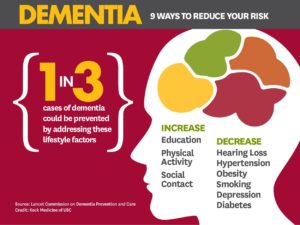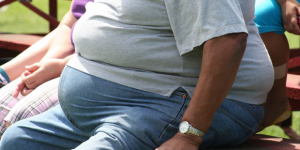‘Wildfires, the nightmare we have to live with’

Nine people killed – including three firefighters – and more than 170 injured in wildfires ravaging the central and northern regions of the country; in the districts of Aveiro, Porto, Vila Real, Braga, Viseu and Coimbra.
The country’s civil protection service said that last week 54 wildfires were burning nationwide with 5,300 firefighters mobilized. France, Greece, Italy and Spain have sent water-bombing planes through the EU’s mutual assistance program. The fires forced the closure of two railway lines and several motorways, including part of the main road between Lisbon and Porto.

The area burned in mainland Portugal in one week exceeds 135,000 hectares according to the European Earth Observation Service Copernicus, which uses satellite images. In Aveiro alone, the fire consumed more than 10,000 hectares of forest and scrubland in just two days.

Furthermore, as a result of the fires, carbon emissions (CO2) – used as an indicator to assess the intensity of fires – mounted to 1,9 megatons (million tons) announced Copernicus, the worst value for Portugal in 22 years.
After a wet start this year, Portugal recorded initially 50% fewer wildfires than last year, but extreme temperatures over last weekend amid exceptionally low humidity and strong winds have given rise to blazing fires, despite the government having increased fire-prevention funding by a factor of 10 and doubled its firefighting budget after the deadly wildfires in 2017 claimed 64 lives.

Since the 1st of January, the judicial police detained 42 persons suspected of having set forest fires; 9 of whom are women. Most arsonists act impulsively or when the opportunity arises and is based on emotional suffering (depression, anger, revenge, cognitive deficit) or the excitement of seeing it burn, says Cristina Soeiro, psychologist at the Judicial Police.
Portugal’s prime minister, Luis Montenegro, has said that the people suspected of starting some of the fires would feel the full force of the law, adding that he would ‘spare no effort in repressive action’ when it came to such crimes.

‘Make no mistake. These tragedies are no anomalies but becoming the norm for our shared future’ EU’s crisis management commissioner Janez Lenarčič recently declared in Strasbourg. ‘Europe is the fastest warming continent in the world and particularly vulnerable to extreme weather events.’
The good news for Portugal is that – in the meantime – rain has arrived but a collective approach to tackle the climate breakdown is further away than ever, as long as the world continues burning oil, gas and coal.
Enjoy the week Approveite a semana (pic Público/Sapo)

















 Portugal has, in fact, the highest prevalence of stroke in Europe. This is probably due to the high number of people with
Portugal has, in fact, the highest prevalence of stroke in Europe. This is probably due to the high number of people with  A consequence of the widespread existence of stroke and hypertension is the frequent occurrence of dementia.
A consequence of the widespread existence of stroke and hypertension is the frequent occurrence of dementia. Alzheimer is the most common form of dementia in Western Europe. Interesting enough, this is not the case in Portugal. A recent epidemiological study from the University of Porto and
Alzheimer is the most common form of dementia in Western Europe. Interesting enough, this is not the case in Portugal. A recent epidemiological study from the University of Porto and 

